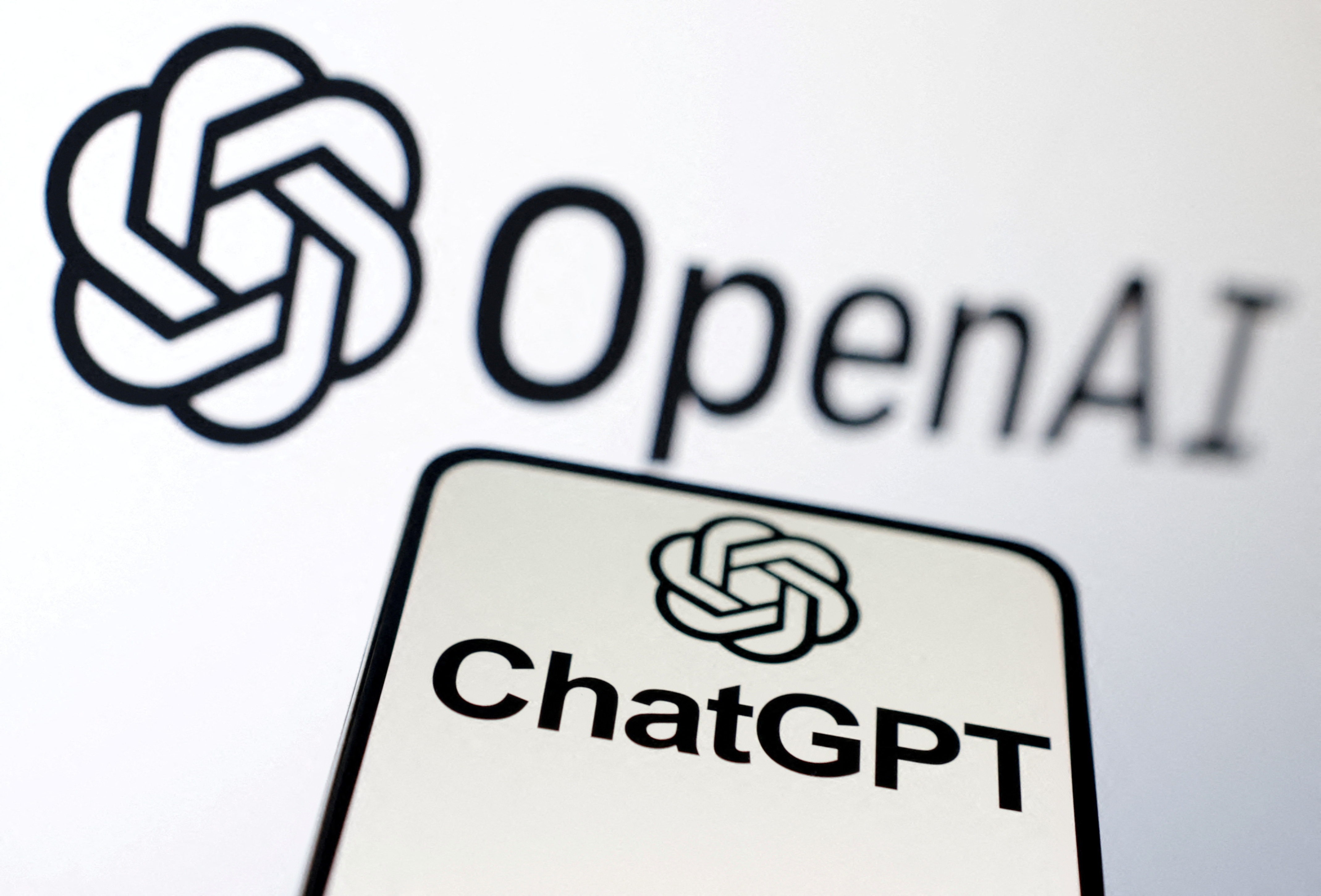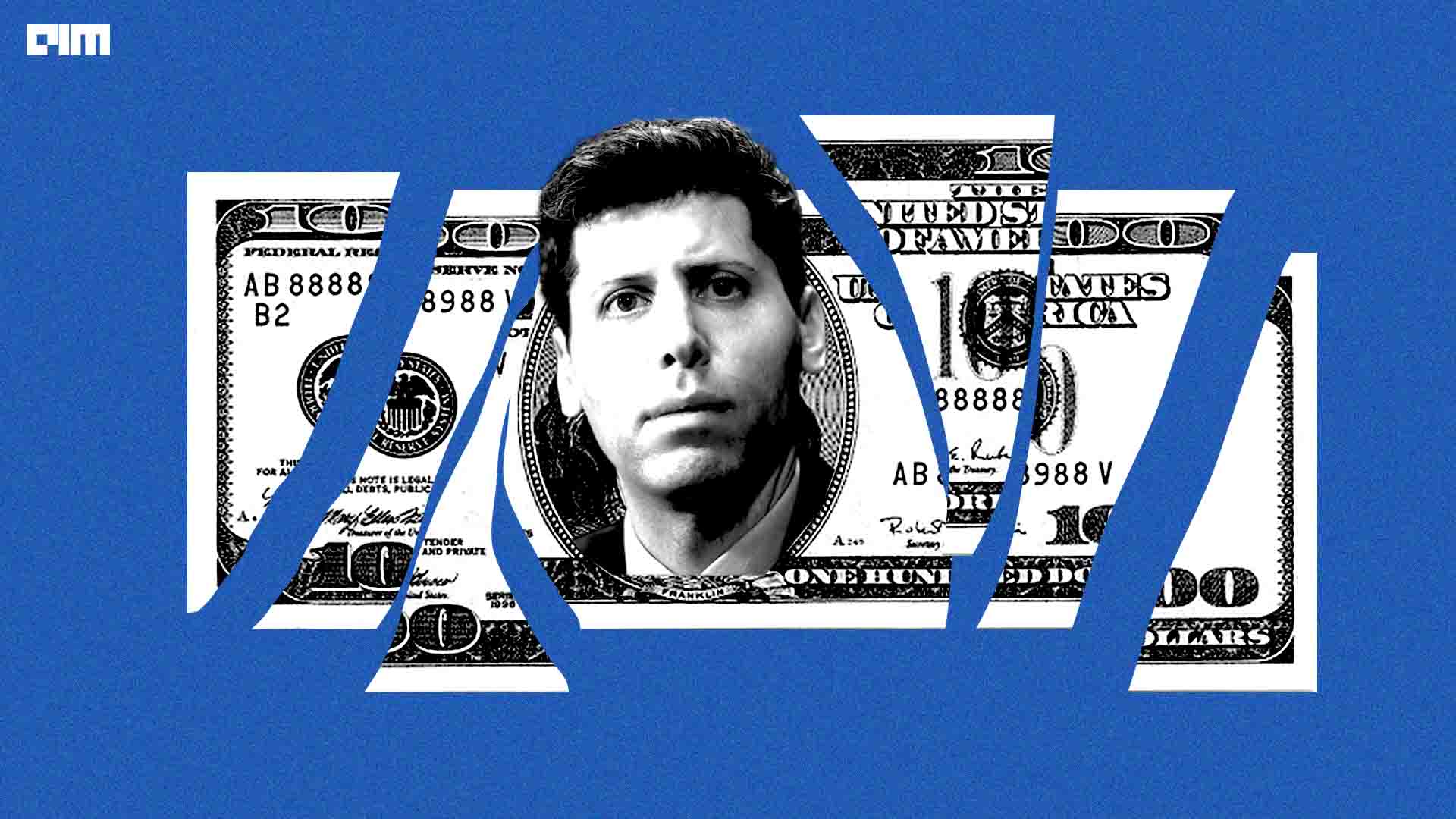Harmony Or Disruption? The Deep Split Within The AI Community, What Will Be OpenAI’s Course Amidst Divergent Visions For AI Development?
The recent upheaval at OpenAI, marked by the sudden departure of CEO Sam Altman, has exposed a division within the artificial intelligence (AI) community. At the heart of the debate is the tension between two fundamental viewpoints on the trajectory of AI development—one advocating for a cautious, laboratory-first approach and the other pushing for agile deployment to explore the technology's full potential. Meanwhile, there is also news that some investors in OpenAI, the innovative force behind ChatGPT, are contemplating legal action against the company's board in the aftermath of the board's unexpected decision to remove CEO Sam Altman, a move that has triggered concerns about a potential mass exodus of employees. Hence, what contrasting perspectives underlie the OpenAI controversy and the broader discourse over the responsible and innovative evolution of AI?

The recent firing of Sam Altman as the CEO of OpenAI has brought a deep-seated division within the artificial intelligence (AI) community to the forefront, one that has been brewing for a while now.
While the firing of Sam Altman came as a surprise, the division revolves around differing perspectives on the pace and safety of AI development, reflecting a broader debate over how best to harness the potential of this world-altering technology while mitigating potential risks.

The Clash of Perspectives
Altman, a prominent figure in the AI world and co-founder of OpenAI, championed the view that rapid development and public deployment of AI are crucial for stress-testing and perfecting the technology.
On the other side are those who advocate for a more cautious approach, insisting on fully developing and testing AI in controlled laboratory environments before widespread deployment.
Thus, the clash of perspectives highlights the fundamental question of whether AI development should prioritise speed or caution.
Safety Concerns and Effective Benevolence
The fear that hyper-intelligent software, like OpenAI’s ChatGPT, could become uncontrollable and lead to catastrophic outcomes is a central concern for some within the AI community.
This anxiety is particularly prevalent among those who adhere to the principles of “effective altruism,” a social movement emphasising that AI advances should ultimately benefit humanity.
Ilya Sutskever, OpenAI’s chief scientist and a board member, expressed concerns over the potential risks associated with rapid deployment, leading to Altman’s ouster.
Generative AI and Unforeseen Risks
Generative AI, the technology that powers ChatGPT and similar platforms, has catalysed the debate over AI regulation and development.
Altman’s push for rapid deployment and OpenAI’s recent announcement of new commercially available products fueled concerns that the technology might outpace our ability to control it.
The worry is not merely about ChatGPT as a product but about the broader implications of generative AI, including the potential development of artificial general intelligence (AGI).
The Future of OpenAI and AI Development
The fate of OpenAI is viewed by many as crucial to the trajectory of AI development, and Altman’s firing has led to uncertainty about the company’s direction, with discussions of his reinstatement ultimately fizzling.
OpenAI, founded initially as a nonprofit to ensure responsible AI development, has faced challenges as it steers the intersection of profit-making and its commitment to avoiding harm to humanity.
Regulatory Landscape and Public Oversight
As AI development accelerates, regulators are grappling with the need for oversight; the Biden administration and some countries are exploring guidelines and “mandatory self-regulation” to address the ethical and safety concerns associated with AI.
The explosive growth in AI investments, including substantial contributions from Microsoft, Alphabet, and Amazon, has further stressed the urgency of developing responsible practices.

OpenAI Investors Explore Legal Options After Abrupt CEO Firing
Meanwhile, there is news that some investors in OpenAI are contemplating legal action against the company’s board in the aftermath of the board’s unexpected decision to remove CEO Sam Altman, a move that has triggered concerns about a potential mass exodus of employees.
Investors are currently in consultation with legal advisers to evaluate their available options, though it remains uncertain whether legal action will be pursued against OpenAI.
The primary apprehension among investors is the risk of substantial financial losses, potentially reaching hundreds of millions of dollars. OpenAI, a cornerstone in many investment portfolios, is considered a leading player in the rapidly expanding generative AI sector.
Microsoft, holding a 49% stake in the for-profit operating company, is a significant player in this unfolding situation; other investors and employees collectively control 49%, while OpenAI’s nonprofit parent retains a 2% share.
Altman’s abrupt dismissal on Friday, attributed to a “breakdown of communications” per an internal memo, has sent shockwaves through the organisation and by Monday, over 700 of OpenAI’s employees had expressed their intent to resign unless significant changes were made to the board.
Unlike typical venture capital-backed companies, where investors often wield substantial influence through board seats or voting power, OpenAI operates under a unique structure.

OpenAI Nonprofit is controlled by its nonprofit parent; the organisation was initially established to benefit humanity rather than prioritise investor interests; this distinctive setup provides employees with more leverage in influencing board decisions compared to traditional venture capitalists.
Minor Myers, a law professor at the University of Connecticut, noted that the current structure of OpenAI intentionally grants more authority to employees rather than traditional investors, emphasising the company’s commitment to its “core mission, governance, and oversight.”
Despite potential legal avenues, experts suggest that investors may face challenges in pursuing legal action against OpenAI. Bearing legal obligations, nonprofit boards still have considerable leeway in making leadership decisions.
Moreover, OpenAI’s corporate structure, utilising a limited liability company as its operating arm, may further insulate the nonprofit’s directors from investor claims.
Thus, even if investors were to explore legal recourse, Paul Weitzel, a law professor at the University of Nebraska, suggests they might encounter difficulties building a strong case.
Business decisions, even those that prove unfavourable, are generally protected under the law, allowing companies significant latitude in their strategic choices. As history has shown, visionary founders, such as Steve Jobs at Apple, have been dismissed and later reinstated, highlighting the legal flexibility that companies possess in such matters.

Viewpoint 1: Advocating for Prudent AI Development and Regulation
One faction argues for a measured and cautious approach, emphasising the need to fully develop and test AI in controlled environments before widespread deployment; this group is concerned about the potential risks associated with the rapid advancement and public release of AI technologies.
Proponents of this viewpoint, including figures like Ilya Sutskever, OpenAI’s chief scientist, express worries about the uncontrollable nature of hyper-intelligent software, especially if deployed without comprehensive testing and safety measures.
They emphasise the importance of avoiding catastrophic outcomes and believe that a laboratory-first approach is the safest path forward. Concerns are also raised about the societal impact of AI and the need to align its development with the principles of effective altruism, ensuring that AI advancements ultimately benefit humanity.
The firing of Altman is seen as a consequence of his alleged push to deploy OpenAI’s software too quickly into users’ hands, potentially compromising safety.
Thus, the move by the board to oust Altman echoes prioritising the careful development and regulation of AI, even at the expense of rapid commercialisation.

Viewpoint 2: Advocating for Agile AI Development and Industry Innovation
An alternative viewpoint contends that the rapid development and public deployment of AI are essential for stress-testing and perfecting the technology.
Advocates of this perspective, including former OpenAI CEO Sam Altman, argue that real-world deployment is crucial for understanding and refining AI capabilities. Altman’s vision was centered on the idea that overly cautious measures should not stifle innovation in AI, but instead, it should be embraced as a means of pushing the technology to its limits.
This camp views AI as a transformative force that should be actively integrated into various sectors, with a belief that rapid deployment is essential for uncovering the full potential of these technologies.
Therefore, Altman’s dismissal is seen by some as a consequence of differing opinions on the pace of AI development, with concerns raised about the potential stifling of innovation in the field.
The popularity of OpenAI’s ChatGPT, especially in the past year, has fueled discussions about the role and regulation of generative AI. Those aligned with this viewpoint argue that treating AI development like other transformative technologies, such as self-driving cars, is necessary to propel the industry forward.
They stress the need to balance safety considerations with the imperative to innovate as the future of AI unfolds in a rapidly evolving technological sector.

The Last Bit, As the OpenAI debate gathers more heat, it serves as a microcosm of the broader debates surrounding the responsible evolution of AI.
The division between cautious regulation and agile innovation reflects both the challenges and opportunities at the intersection of technology and ethics. The firing of Sam Altman and the ensuing leadership struggles at OpenAI echo a crucial moment in the ongoing debate over the future of AI development.
Balancing the quest for innovation with the imperative to ensure safety and ethical considerations poses a complex challenge for the AI community; safety considerations and the imperative to innovate are the keys to navigating the complex domain of AI development.
The future of OpenAI and, by extension, the trajectory of AI itself, hinges on finding common ground amid these divergent perspectives—a task that will undoubtedly shape the course of technological progress and its impact on society.







